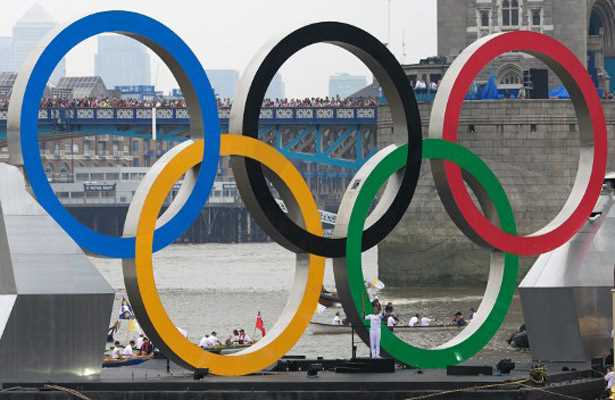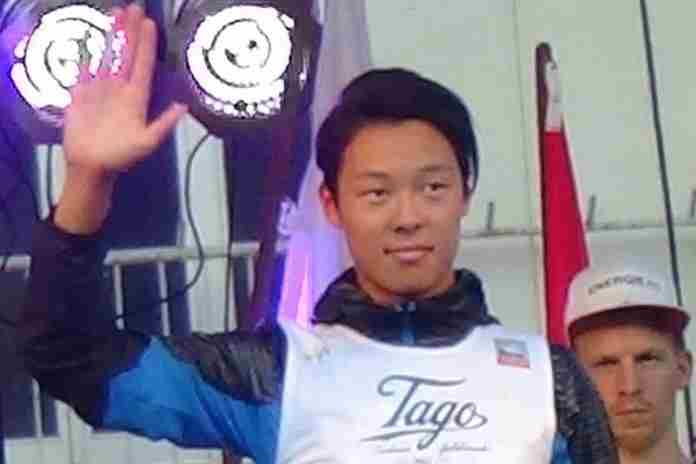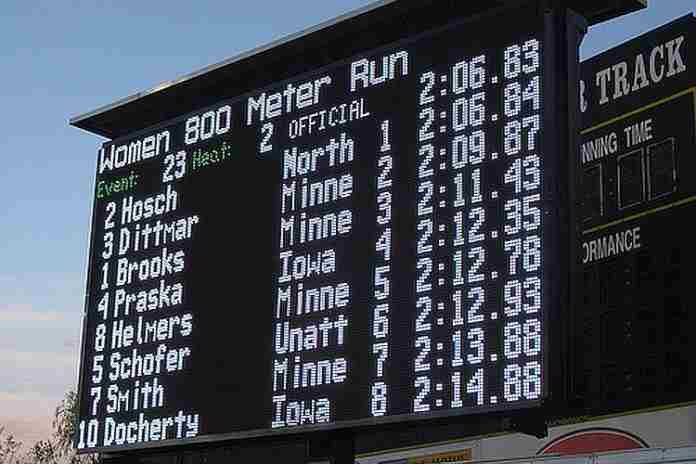We’re going to have some interesting days starting on Tuesday as the International Olympic Committee’s Executive Board meets in Lausanne (SUI). A series of issues which have been simmering for months might come to a boil … or maybe not.
But there is a lot of interest in what the IOC is going to do about issues it has been pursuing for some time. Among the hottest topics expected to be explored:
● Boxing
The IOC has been unhappy with the International Boxing Association (AIBA) for some time, and in November set up an Inquiry Committee last November, led by United World Wresting president Nenad Lalovic (SRB).
The IOC “froze” the planning for the 2020 Olympic boxing tournament in Tokyo, has stopped any payments of its television rights fees share from Rio and wants more detailed information on AIBA’s finances, leadership, and refereeing and judging.
While the IOC’s statements have consistently noted that boxers will not be penalized by these activities, there are questions to be answered soon about (a) whether there will actually be a boxing tournament in Tokyo; (b) what will the competition format be and (c) what will the qualifying procedures look like?
Based on what the IOC has said so far, the most severe possible outcome could be that the AIBA is relieved of its status as the international federation for the sport. How serious is this?
Consider that the IOC, back in November noted that it had a real problem with “Gafur Rakhimov’s designation as a key member and associate of a transnational organised criminal network by the US Treasury Department.” It’s no coincidence then that Rakhimov announced on Friday that he would step down from his role as AIBA President so as to remove that issue from the equation.
That’s pretty serious. The Executive Board will no doubt also hear about the management of the boxing tournament at the Youth Olympic Games in Buenos Aires last year, where AIBA executives were not accredited and the tournament was run locally.
The IOC’s Inquiry Committee engaged the international consulting firm of Deloitte to compile a report on the AIBA, starting with a 41-question request sent in February. That will be the baseline from which the IOC’s discussion will start.
● Weightlifting
Another federation which has been in the IOC’s crosshairs has been the International Weightlifting Federation, for a sport which has been prone to massive doping for decades.
The IWF has made a series of changes in its governance and in its approach to anti-doping and, by all outward appearances, looked to be making good progress against doping.
Then came the announcements in January and February that eight Thai lifters were found to be doping at the 2018 World Championships in Turkmenistan, including two women who had been Olympic champions in 2016 and a third woman who was a 2018 World Champion.
The Thai federation renounced its right to send a team to either the 2019 World Weightlifting Championships – to be held in Thailand in September – or the 2020 Games in Tokyo. The IWF will no doubt add further punishment, but will be IOC make good its threat and decide to pull weightlifting off of the 2024 Paris program?
● Access to competitions
Another flash point for the IOC, and the International Paralympic Committee, has been the refusal of some governments to grant access for athletes to competitions.
This has been a recurring issue for Israel and for Kosovo, but the newest dust-up came when the Indian government refused to issue entry visas to two Pakistani pistol shooters compete in a February ISSF World Cup in New Delhi (IND), which is part of the Olympic qualification process.
The IOC immediately issued a declaration that the event in which the two Pakistani athletes were to participate – 25 m Rapid-Fire Pistol – could not be used for Olympic qualification purposes, although the other events were still valid.
The IOC has been showing less and less patience for these incidents; a much stronger policy concept could be issued, or a group formed to create one.
● Program for Paris 2024
The Paris organizers for the 2024 Games submitted a modestly-sized request for four added sports to the 2024 program in February, including events in skateboarding, surfing, sport climbing and break dancing.
The first three will also be events in 2020, so they met with little comment or surprise. The inclusion of “breaking” as the IOC calls it, comes after it was demonstrated at the Youth Olympic Games last year and its perceived “interest” by “youth.” But there are critics – including some break dancers – who think their art and competitive sport don’t mix.
Moreover, while several other sports expressed disappointment at not being selected, the World Karate Federation – also a first-time Olympic sport in 2020 – has mobilized to try and be added now.
The Executive Board has to decide what to present to the full IOC for approval.
● Olympic Winter Games 2026
There are two candidates still standing for the 2026 Olympic Games, in Stockholm-Are (SWE) and Milan-Cortina d’Ampezzo (ITA).
The IOC’s Evaluation Commission visited Sweden earlier this month and the entire program was purposefully kept very low-key. The visit to Italy is scheduled to start on 1 April, and the full IOC will select the host area in June in Lausanne.
Both sides are making more noise about government support, but the reality is that the signature-on-paper financial guarantees the IOC has insisted on in the past, especially from the national governments, won’t happen this time.
That makes the IOC’s plan for guarantees and especially for how it will manage oversight of the winning bidder much more important than ever before. And there is IOC President Thomas Bach’s dislike of “losers” in the bid process. Will there be a discussion of a “consolation prize” for the bid that isn’t selected>
There will also be the many reports from organizing committees of upcoming Games, and a variety of other initiatives that the IOC is undertaking, or discussions of problems which may be a threat in the future.
We won’t know much about what happened until the IOC itself wants to tell us; Bach will have a news conference that will be streamed like on the IOC’s YouTube channel on Wednesday (27th), scheduled for 6:30 p.m. Lausanne time, or about 10:30 a.m. here in California. I’ll be watching.
Rich Perelman
Editor


























